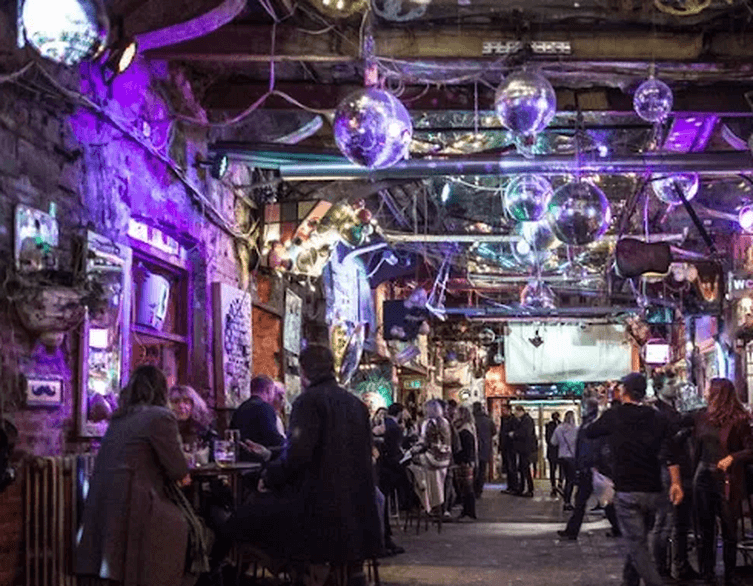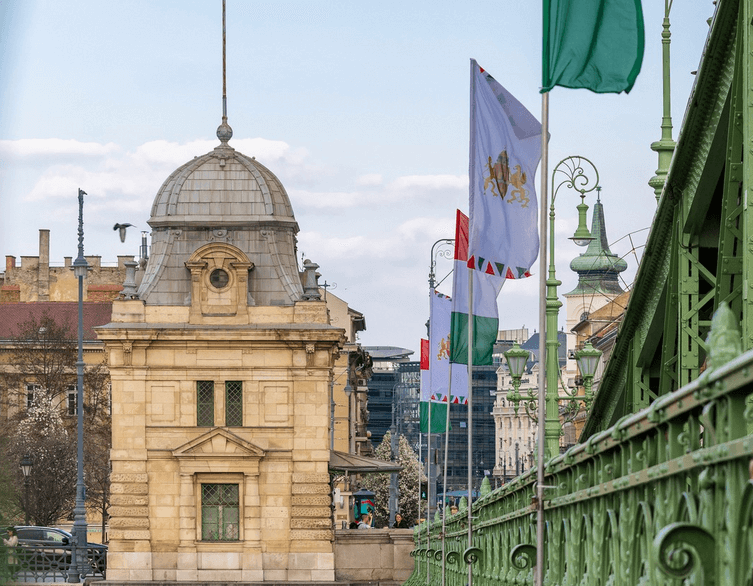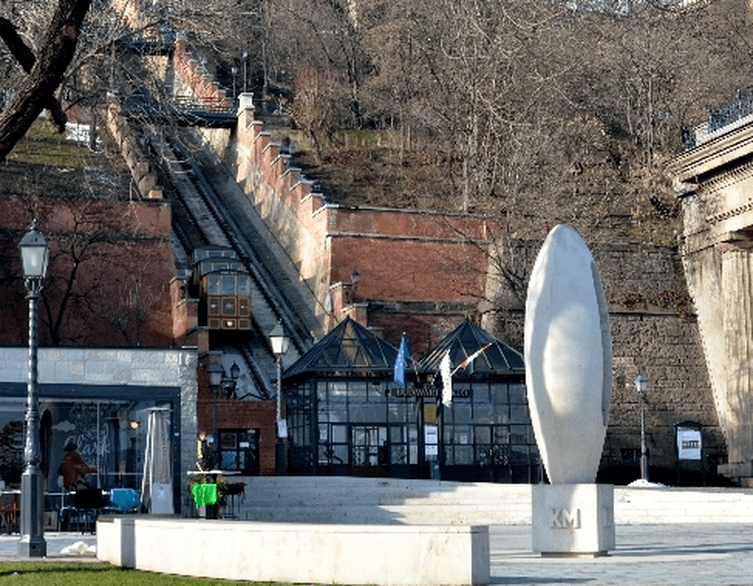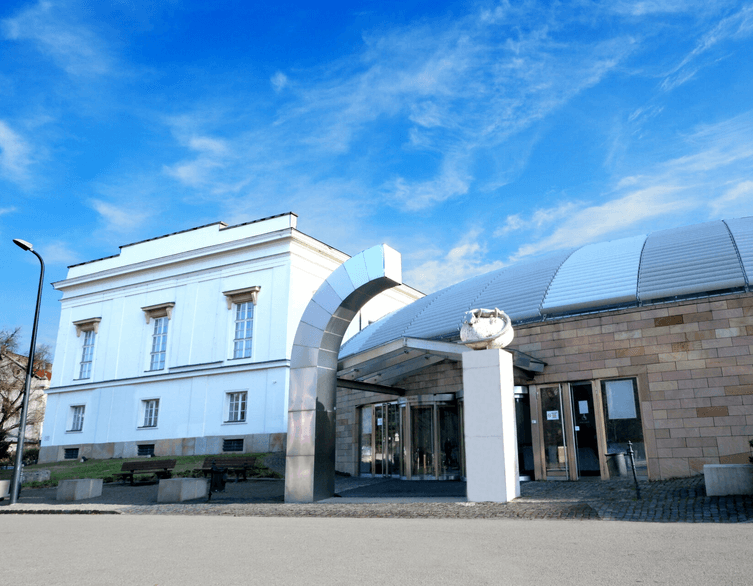Time Change in Budapest: What Travelers Need to Know About the Switch to Winter Time
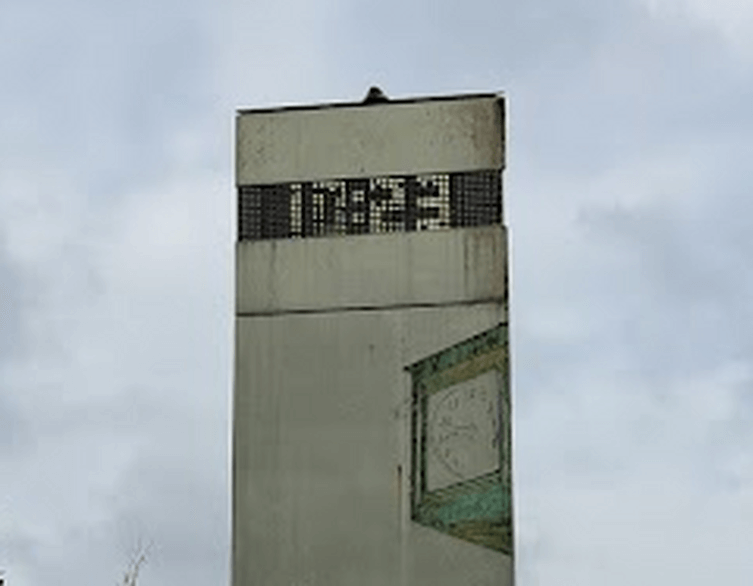
If you’re visiting Budapest this weekend or planning a trip in the coming months, there’s an important change happening that affects everything from public transportation schedules to your daily rhythm exploring the city. On the night between Saturday, October 25 and Sunday, October 26, Hungary switches from summer to winter time, turning clocks back one hour at 3:00 AM to 2:00 AM. While this might seem like a minor administrative detail, understanding how it impacts your Budapest experience can help you make the most of your visit.
The Practical Reality: One Extra Hour of Sleep, Earlier Darkness
The good news for anyone enjoying Budapest’s legendary nightlife on Saturday evening is that you technically gain an extra hour. When clocks strike 3:00 AM, they jump back to 2:00 AM, giving you more time to explore the city’s famous ruin bars or enjoy a late dinner along the Danube. However, this comes with a tradeoff that affects how you’ll experience the city in the weeks and months ahead.
The most noticeable change happens with daylight hours. On October 25, the sun rises at 7:16 AM and sets at 5:39 PM. The very next day, after the time change, sunrise occurs at 6:16 AM while sunset comes at 4:37 PM. While morning light arrives earlier, evenings lose that precious hour of daylight. For travelers exploring Budapest’s outdoor attractions like Castle Hill, Margaret Island, or the Danube promenade, this means adjusting your sightseeing plans to maximize daylight hours.
This earlier darkness transforms Budapest’s atmosphere. The city’s stunning illuminated bridges and buildings become visible sooner each evening, creating that magical golden hour photographers cherish. The thermal baths, particularly Széchenyi and Gellért, take on an especially atmospheric quality as steam rises into the darkening sky. Winter in Budapest reveals a different kind of beauty, one that embraces cozy indoor experiences alongside outdoor adventures.
How Budapest Public Transport Adjusts
Budapest’s public transportation system, operated by BKK, handles the time change with minimal disruption to service. Most night buses and trams continue their regular schedules throughout the transition period, particularly routes that run frequently throughout the night. The system is designed so that most vehicles operating between 2:00 AM and 3:00 AM run according to both summer and winter time schedules.
Routes operating hourly, half-hourly, or more frequently maintain consistent service during the changeover. This includes essential connections like tram line 6, airport buses 100E and 200E, and numerous night bus routes numbered in the 900 series. For travelers returning from evening activities or catching early morning flights, this means you can rely on public transport working normally despite the time change.
Some less frequent routes may experience slight adjustments, with one or two departures shifting to accommodate the new schedule. If you’re planning travel during the early morning hours of October 26, checking the BKK website or app for specific route information ensures you don’t encounter unexpected changes. Budapest’s public transport system remains one of Europe’s most reliable and affordable, and the time change is handled with the same efficiency locals have come to expect.
The time change also affects intercity and international train services operated by MÁV-Volán. Some domestic and international trains adjust their schedules, and certain regional bus services in areas like Érd and Kiskunhalas see modified timetables. For travelers planning day trips from Budapest to destinations like Lake Balaton, Eger, or neighboring countries, verifying departure times becomes especially important around the time change weekend.
The European Time Change Debate
Budapest’s time change reflects a broader European tradition that has sparked considerable debate in recent years. The practice of switching between summer and winter time originated during wartime as an energy-saving measure, with the idea that adjusting clocks to daylight hours would reduce coal and electricity consumption. Later justifications included boosting retail activity and reducing crime through better alignment of business hours with daylight.
In 2019, the European Parliament voted to abolish the twice-yearly time changes, with an overwhelming 84 percent of EU citizens supporting the move in surveys. The plan called for member states to make their final switches in 2021, with each country choosing whether to permanently adopt summer or winter time. However, coordination challenges among member states and subsequent crises have repeatedly pushed the issue to the background.
The difficulty lies in preventing the single market from fragmenting into a patchwork of different time zones. Countries must coordinate their choices to avoid creating problematic borders where neighboring nations operate on different schedules. France and Germany’s decisions will likely influence surrounding countries, including Hungary. The Hungarian government has indicated preference for permanent summer time, which would mean lighter evenings year-round.
Best deals of Budapest
For now, the time change tradition continues. Greenland has already abolished the practice, permanently adopting summer time in 2023 to gain extra afternoon daylight and better synchronize with European and international business hours. Whether other European territories follow remains uncertain, but travelers to Budapest should plan for the current system to persist for the foreseeable future.
Health and Wellness Considerations
The Hungarian Sleep Society and international health experts note that time changes, while seemingly minor, can significantly impact wellbeing. The forced shift disrupts circadian rhythms that evolved over millions of years, the natural patterns governing sleep and wakefulness. Even a one-hour change requires adjustment, affecting mood, performance, concentration, and tolerance during the transition period.
Travelers visiting Budapest around the time change might experience sleep difficulties, fatigue, headaches, or digestive issues as their bodies adapt. The adjustment typically takes several days to over a week depending on individual sensitivity. Young children tend to struggle most with the transition, though adults also feel the effects.
For visitors, this means being mindful of your energy levels during the first few days after the change. Schedule less demanding activities immediately following the time change, and allow extra time for rest. Budapest’s famous thermal baths offer an excellent way to relax and help your body adjust. The warm mineral waters, particularly at facilities like Széchenyi, Gellért, or Rudas, promote relaxation and can ease the transition.
Interestingly, health experts suggest that if Europe must choose one permanent time standard, winter time aligns better with human biology. Our internal clocks naturally synchronize with sunrise, making winter time’s earlier light more compatible with natural rhythms. However, most people prefer summer time’s extended evening daylight for social and recreational activities.
Making the Most of Winter Time in Budapest
The shift to winter time fundamentally changes how you experience Budapest. With darkness arriving by late afternoon, the city’s indoor attractions become more appealing. This is the perfect season to explore Budapest’s incredible museum collections, from the Hungarian National Museum to the Museum of Fine Arts. The city’s famous thermal baths transform into atmospheric evening experiences, with steam rising dramatically against the night sky.
Winter time also marks the beginning of Budapest’s magical Christmas market season. As darkness falls earlier, the illuminated markets at Vörösmarty Square and St. Stephen’s Basilica create enchanting evening atmospheres. The earlier sunset means these festive lights activate sooner, extending the time available to enjoy mulled wine, traditional Hungarian foods, and artisan crafts.
The city’s café culture takes center stage during winter time. Budapest’s historic coffee houses like Café Gerbeaud, New York Café, and Café Central become cozy refuges where you can spend leisurely afternoon hours as darkness gathers outside. The earlier nightfall also enhances appreciation for Budapest’s stunning architectural illumination, with Parliament, Buda Castle, and the Chain Bridge creating spectacular night views from earlier in the evening.
Planning Around the Time Change
If you’re visiting Budapest specifically during the time change weekend, embrace the unique opportunity it presents. That extra hour on Saturday night into Sunday morning gives you additional time to experience the city’s legendary nightlife without sacrificing sleep. The ruin bars in the Jewish Quarter, particularly Szimpla Kert and Instant-Fogas, remain vibrant until the early morning hours.
Sunday after the time change offers a perfect opportunity for a relaxed morning at one of Budapest’s thermal baths or a leisurely brunch at one of the city’s increasingly sophisticated restaurants. The adjusted schedule means you can enjoy morning activities without rushing, then make the most of afternoon daylight for outdoor sightseeing before darkness arrives.
For travelers arriving in Budapest in the weeks following the time change, remember that sunset times continue shifting earlier through late December. Planning your daily itinerary with this in mind ensures you maximize outdoor sightseeing during daylight hours while saving indoor attractions, dining, and entertainment for the longer evenings. Budapest’s efficient public transportation means you can easily adjust plans and move between neighborhoods regardless of darkness.
The time change also signals the beginning of Budapest’s quieter, more intimate winter season. While summer brings crowds and heat, winter reveals a different side of the city. Locals reclaim their favorite spots, prices often drop, and the city’s authentic character shines through more clearly. The earlier darkness, rather than being a limitation, becomes part of winter Budapest’s particular charm, inviting you to slow down and savor experiences rather than rushing between attractions.
Related news
Related attractions













